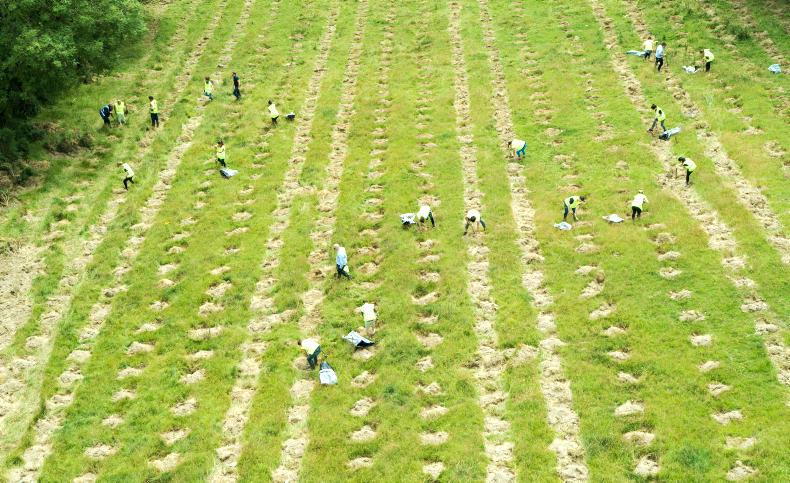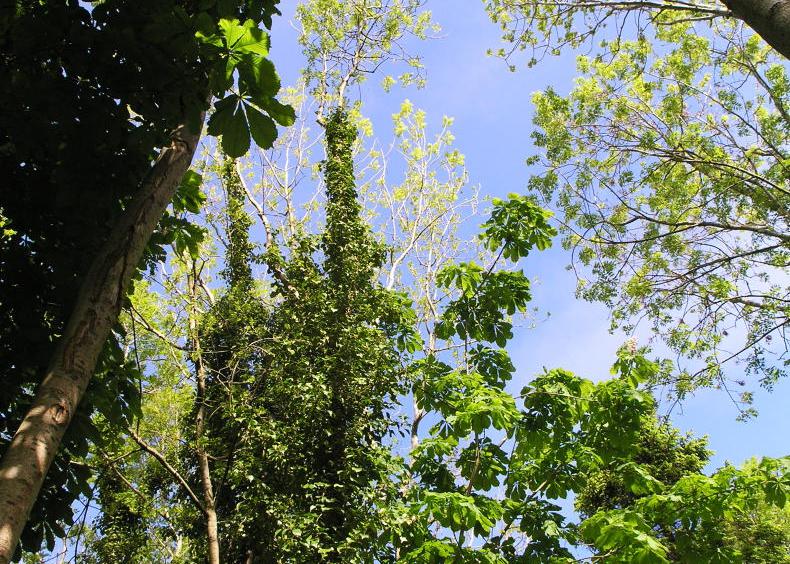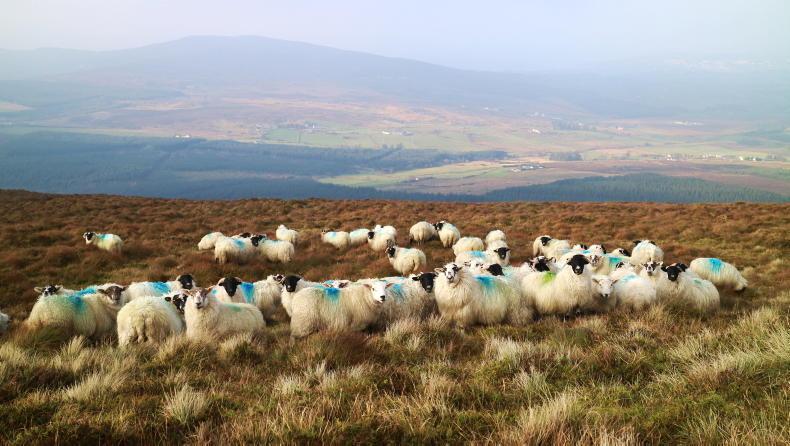From June 2017 until 8 August this year 721 appeals had been lodged against afforestation, felling and forest road licences. The Forestry Appeals Committee (FAC) has heard 242, with 479 awaiting hearing. Appeals are being lodged at the rate of 50 per month so by the end of the year close to 1,000 will have been lodged.
This has serious implications for afforestation and wood mobilisation. However, licences granted by the Department are standing up much better to objections. Appeals against felling licences in July had only a 27% success rate so it is clear that the Department’s approach in prioritising larger files is working.
This favours large-scale licence applications, including Coillte’s, as these are now accompanied by Natura Impact Statements (NISs).
The objector’s success is now ironically against the small-scale forest owners – mainly farmers – who are having difficulty in providing costly NISs.
Appellants have been successful in halting 35% of all afforestation licences. While objectors often state that they are only opposed to large-scale afforestation, there is no apparent trend in favouring small-scale afforestation licences with one-third of appeals directed at sites under 5ha.
Even afforestation projects as small as one acre are opposed.
Members of the FAC have to devote as much time to these as larger-scale projects. For example, a 1ac native woodland site in Co Leitrim was appealed because it would impact negatively on a Natura 2000 site.
The appeal was rejected because the native alder and birch site “would have no significant effect on water”. That a site of this calibre had to undergo a desk-and-field study and 1,000-word report by the FAC to justify its reasoning for rejection, illustrates why its output is limited to 21 hearings per month.
The FAC also rejected an appeal against a 1.3ha site in June – also in Leitrim – but upheld an appeal against a 0.5ha site in Co Mayo.
Extra objections
As a result, the FAC is overwhelmed. Based on the current adjudication of 21 appeals per month, there will 650 appeals outstanding at year-end as an extra 200 objections are expected. Regardless of the outcome of the draft bill to align the forestry licensing and appeals system with other similar planning processes, it will take up to three years to adjudicate on all outstanding appeals.
The FAC requires extra staff to deal with felling and afforestation licences separately, with the chair supported by a vice-chair to deal with the backlog.
But it requires much more than this. As the country faces a major recession due to COVID-19, Minister for Agriculture Dara Calleary and Minister of State for Agriculture with responsibility for land use and biodiversity Pippa Hackett need to heed the forestry sector’s call last April to introduce temporary legislation to allow licences for afforestation, felling and roading to flow.
Emergency change
A temporary emergency change to the legislation would allow appropriately assessed licences to proceed.
This temporary legislation – like Government emergency legislation that was introduced last March – would be subject to a sunset clause that would allow its removal when this pandemic is over.
Forestry Services secures certification
Forestry Services Limited (FSL) is the only private forestry company in Ireland to secure certification from both the Forest Stewardship Council (FSC) and the Programme for the Endorsement of Forest Certification (PEFC).
Certification is proof that forests are managed to best Irish and international silvicultural practice. FSL has a group scheme involving farmers who would otherwise find certification too costly to achieve on their own.
Certification for growers provides an outlet to all major sawmills with chain of custody certification which opens access to domestic and international “green” markets.
While the FSL group certification scheme is important for farmers, it also allows the Kilkenny-based forestry company to promote sustainable forest management to a wider audience.
“We recently teamed up with Cool Planet Experience and Brown Thomas Arnotts in establishing a native oak woodland in Co Wicklow for one of our clients,” said Tadhg Dooley, general manager of FSL.
“Being a certified company is important in attracting companies that wish to lower their carbon footprint. FSL provided this particular service to Brown Thomas Arnotts as part of its energy and climate change strategy and volunteers’ day programme.”
He said the Wicklow project will ensure that over time “approximately five tonnes of carbon will be taken out of the atmosphere annually”.
FSL has a number of other projects in the pipeline around the country.
In addition, Dooley has called for the inclusion of forest management certification in the Climate Action Bill as it copper-fastens sustainable forest management in Ireland’s climate change strategy, as well as “supporting farm forestry/rewilding and other renewable options that do not impact on agricultural production”.









SHARING OPTIONS